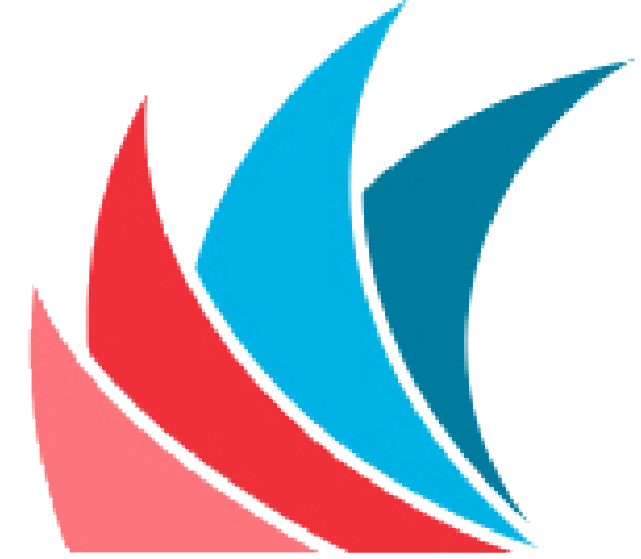
- Faculty:
- Carole Levitt | Mark Rosch
- Duration:
- 1:00
- Short Description:
- As early as 1996, many state bar associations began issuing formal (or advisory) ethics opinions on the ethical uses of Internet technology. Many of those opinions relating to Web sites and online communications apply the advertising rules that already exist for print advertising. In the late Summer of 2010, the American Bar Association issued its Formal Opinion 10-457 discussing ethical concerns

- Faculty:
- Steve Hughes
- Duration:
- 1:01
- Format:
- Audio and Video
- Short Description:
- What if you could stand in front of an audience and deliver a presentation so powerful it captivated them from start to finish? You can if you understand body language, how people think, and what causes people to pay attention. This dynamic program combines the time-tested wisdom of the Greek philosophers with the latest insights from today’s leading storytellers: Madison Avenue and Hollywoo

- Faculty:
- Roy Ginsburg
- Duration:
- 1:00
- Short Description:
- The representation of women and minorities in major U.S. law firms, especially at the partnership level, remains abysmally low. The numbers indicate that relative to the overall population (half women; one-third minority) and that of the demographic makeup of law students, women and minorities continue to be under-represented among the partnership ranks at major law firms. According to the latest

Ethics, Attorneys, and Social Media: How to Keep the Disciplinary Counsel from Knocking at Your Door
- Faculty:
- Philip Bogdanoff, Retired Prosecutor & Police Advisor
- Duration:
- 59 Minutes
- Format:
- Audio and Video
- Short Description:
- Ethical conduct is a key to being an effective attorney. Each week we read about disciplinary cases where attorneys are suspended for misconduct involving clients, the courts, or other attorneys. In this presentation we examine disciplinary cases involving the misuse of social media and the types of conduct that result in disciplinary action and suspensions. We will examine the rules of professional...

- Faculty:
- Roy Ginsburg
- Duration:
- 1:00
- Short Description:
- Everyone knows that, much like diet and exercise, networking is good for you and that, similarly, there are lots of excuses for avoiding it. When coaching lawyers or conducting CLEs on business development, the author hears a lot of resistance to incorporating networking as a means of building a book of business. Here are the most common excuses: I don't have the time.

- Author:
- Judy K. Davis, Esq | Carole Levitt
- Publication Date:
- May 26, 2020
- Short Description:
- Internet Legal Research on a Budget directs lawyers to useful and reliable free (and low-cost) resources and explains how to use them effectively. This edition has updated information about resources discussed in the first edition, new resources, and expanded chapters on Casemaker and Fastcase.

- Faculty:
- Roy Ginsburg
- Duration:
- 1 Hour 1 Minutes
- Format:
- Audio and Video
- Short Description:
- Everyone knows lawyers are not supposed to chase ambulances, but do you really know what that means? What are the ethical traps that lawyers unintentionally fall into when placing information on their websites? Is it okay to say you “specialize” in an area of law? Refresh your memory of the basic marketing ethics rules that you haven’t looked at since you took the MPRE. There are

- Faculty:
- Steve Hughes
- Duration:
- 1 Hour 2 Minutes
- Format:
- Audio and Video
- Short Description:
- One of the many challenges today’s lawyers face is communicating complex fact patterns and arguments to a variety of audiences. Stories are an excellent (and often overlooked) way to humanize facts and invite people to experience the emotional aspects of what you’re saying. This lively, upbeat program explores the benefits of using stories to frame issues, engage clients, judges...

- Faculty:
- Cynthia Sharp, Esq.
- Duration:
- 1 Hour 2 Minutes
- Format:
- Audio and Video
- Short Description:
- Would you like to increase your client base but don’t know where to begin? Do you want to actively market your practice on a restricted budget – but don’t want to run afoul of the Ethics Rules? If so, you won’t want to miss Cynthia Sharp’s energetic and informative presentation. Attendees will be provided with tools and motivation to create and implement an individual

- Faculty:
- Danielle DavisRoe
- Duration:
- 1 Hour
- Format:
- Audio and Video
- Short Description:
- Stop using your inbox as a task list. Ditch the carefully arranged stacks of files and paper lists. Learn how to create a digital task list that you can access from anywhere. See real world examples of how lawyers stay organized and focus on each day’s priorities in action in popular task list applications such as Microsoft To Do, Microsoft Planner, and Trello.
Please wait ...

